Buying a home – What You Need to Inspect in When Buying a Home
When inspecting a home, it’s crucial to evaluate its structural integrity, including the foundation, walls, ceilings, and roof. Look for cracks, unevenness, and signs of wear and tear, which could indicate potential structural problems. Also, pay attention to signs of water damage and mold, such as water stains, musty odors, and poor drainage. These could suggest issues with the roof, plumbing, or property’s drainage system.
The home’s systems, including plumbing, electrical, and HVAC, should be up to code and in good working order. Test faucets, light switches, and the efficiency of the HVAC system. Windows, doors, and insulation also play a significant role in a home’s energy efficiency and comfort. Check for drafts, poor insulation, and ensure all windows and doors operate properly.
Lastly, don’t overlook the attic, basement, and potential pest infestations. The attic should have adequate insulation, and the basement should be free of leaks or dampness. Be aware of any strong odors that could indicate underlying issues, and look for signs of pests. Consider the home’s location and neighborhood, and think about any future projects or renovations that might be necessary. Always remember, a professional home inspection is recommended when buying a home.
Structural Integrity
Foundation: The foundation is the bedrock of a home. It’s crucial to check for signs of cracks or settling in the foundation. Small cracks might be cosmetic, but larger fissures could indicate structural problems. If there are significant cracks, it might be necessary to bring in a structural engineer for a more thorough inspection.
Walls and Ceilings: Walls and ceilings can also provide clues about a home’s structural integrity. Look for any cracks or unevenness, as these could suggest issues with the home’s foundation or structure. Also, pay attention to the alignment of doors and windows, as misalignment could be a sign of foundation issues.
Roof: The roof is another critical component of a home’s structure. Inquire about the age of the roof and inspect it for wear and tear, missing tiles, or signs of leakage. A roof that is nearing the end of its lifespan or shows signs of significant wear may need to be replaced, which can be a considerable expense.
Water Damage and Mold
Water Stains: Water stains on ceilings and walls could indicate a leaky roof or plumbing issues. These stains are often yellowish or brown and may be accompanied by swelling in the wall or ceiling. If you spot water stains, it’s essential to determine the source of the moisture and whether it’s an ongoing problem.
Mold: Mold can be a serious health hazard and often indicates a persistent moisture problem. Sniff for musty odors and look for visible mold spots, especially in bathrooms, kitchens, basements, and attics. If you find mold, you’ll need to identify the moisture source and may need to hire a professional for mold remediation.
Drainage: Proper drainage is crucial to prevent water damage. Check the property’s drainage by observing the slope of the yard and the condition of gutters and downspouts. Water should flow away from the house, and gutters and downspouts should be clear of debris.
Plumbing and Electrical Systems
Plumbing: Plumbing issues can be costly to fix, so it’s important to test all faucets for water pressure and hot water. Look under sinks for leaks or signs of water damage. Also, check the condition of visible pipes and the water heater.
Electrical: The home’s electrical system should be up to code. Check the condition of the fuse box/electrical panel, and test light switches and outlets. If there are signs of faulty wiring, such as flickering lights or burnt outlets, it may indicate a need for electrical repairs or upgrades.
Heating, Ventilation, and Air Conditioning (HVAC)
Age and Condition: The age and condition of the HVAC system can significantly impact the home’s comfort and energy efficiency. Ask about the age of the HVAC system and look for maintenance records. A system older than 15 years might need replacing soon.
Efficiency: The efficiency of the HVAC system is also important. Outdated models can significantly increase utility bills. Consider having an HVAC professional inspect the system to assess its efficiency and potential lifespan.
Windows and Doors
Insulation: Windows and doors play a crucial role in a home’s insulation. Check for drafts or poor insulation. Double-pane windows are more energy-efficient and provide better insulation than single-pane windows.
Operation: Ensure all windows and doors open and close properly. Issues with operation can indicate foundation problems or poor installation.
Attic and Basement
Insulation: The attic is a key area for heat loss, so inspect it for adequate insulation. Proper insulation in the attic is crucial for energy efficiency and can save on heating and cooling costs.
Leaks: In the basement, look for signs of water intrusion or dampness. These could indicate a problem with the home’s foundation or drainage system and could lead to mold and structural issues.
Odors
Smells: Pay attention to any strong odors, which can indicate a variety of issues such as mold, pet damage, or a lack of cleanliness. Conversely, an overuse of air fresheners could be masking underlying problems.
Pest Infestations
Signs of Pests: Look for signs of pest infestations, such as droppings, termite damage, or holes in woodwork. Pests can cause significant damage to a home, and professional pest control may be needed.
Neighborhood and Location
Surroundings: Consider the home’s proximity to amenities, parks, and public transportation. Also, assess the neighborhood’s overall appeal for whatever fits your personal needs. The quality of nearby schools, the crime rate, and the presence of noise or traffic can also impact your enjoyment of the home.
Future Projects
Renovations: Evaluate the cost and scale of any potential renovations or repairs. It’s important to factor these into your overall budget. Consider whether you’re willing and able to undertake these projects, and how they might affect the home’s value.
Remember, a thorough home inspection conducted by a professional is always recommended when buying a home. They can help identify issues that might not be apparent during a casual walk-through.
Michael Clark
It's Nice to Share











































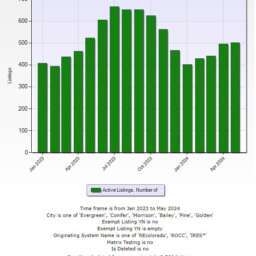








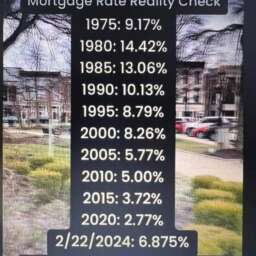


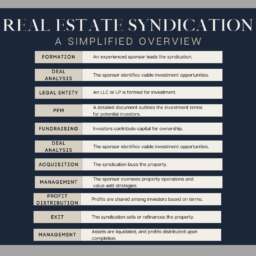
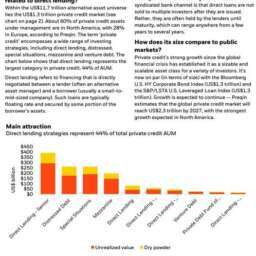






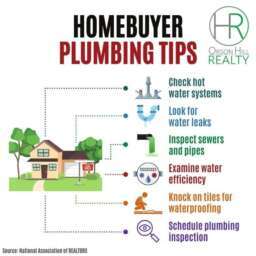

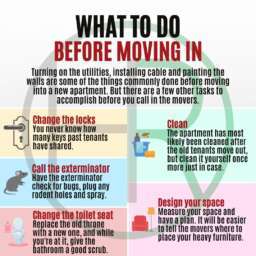

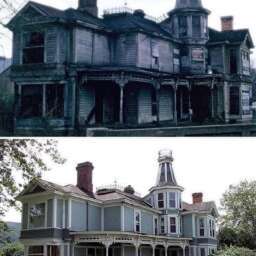

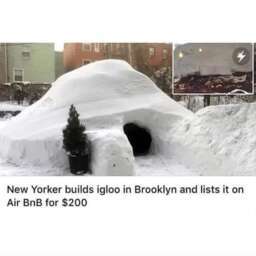
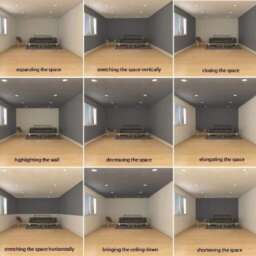

















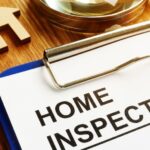
Comment, Write a Blog Post, Create Groups, Get Seen!
Comments, Opinions and Facts Go Here...👇